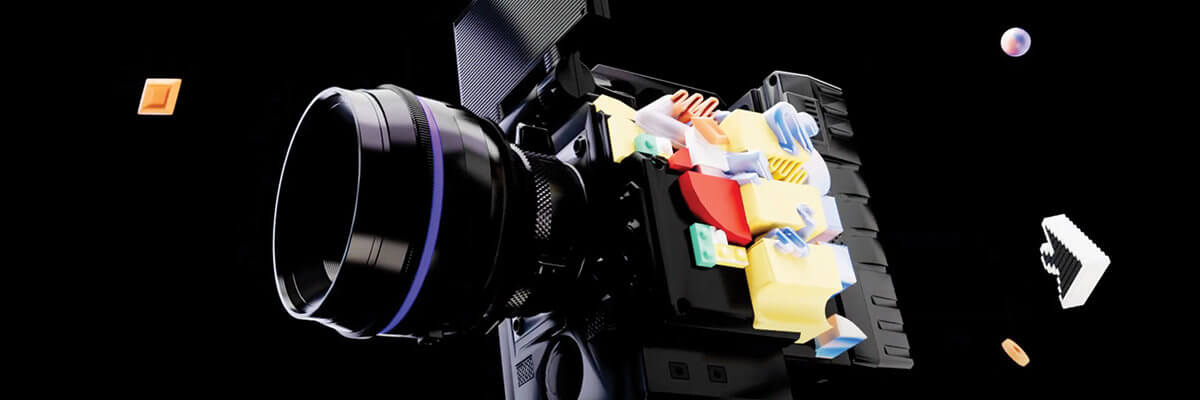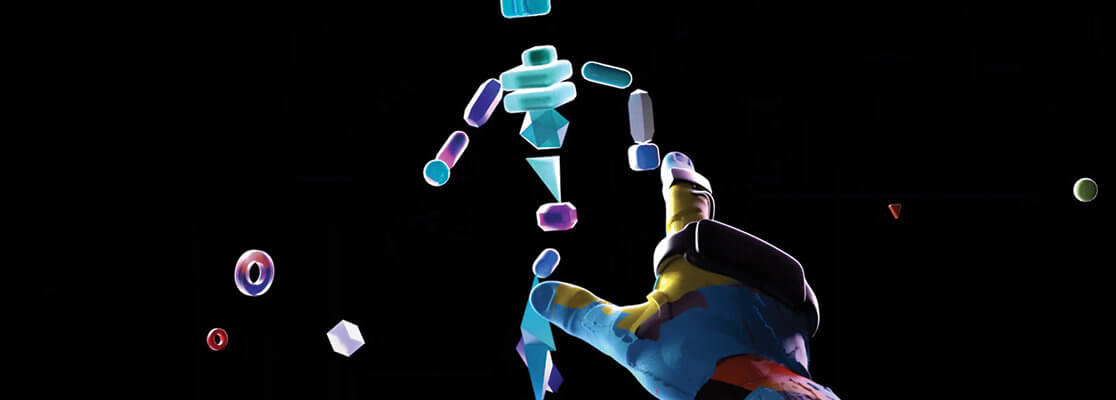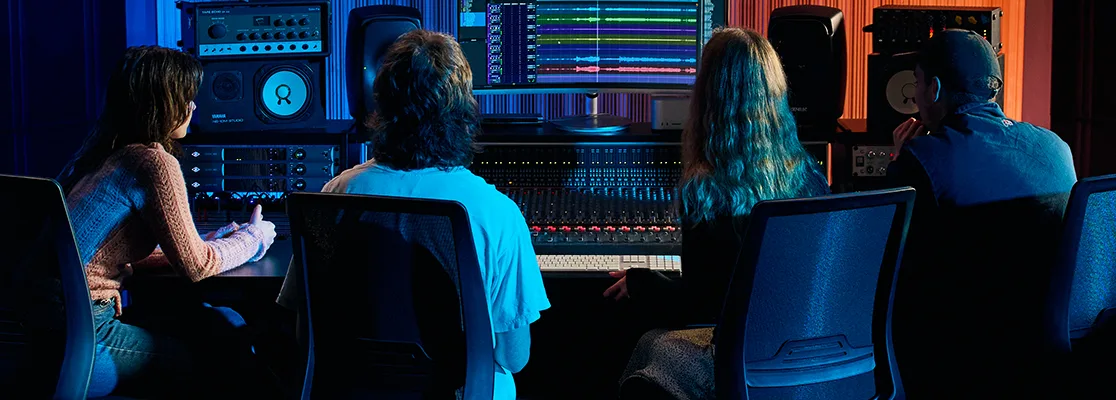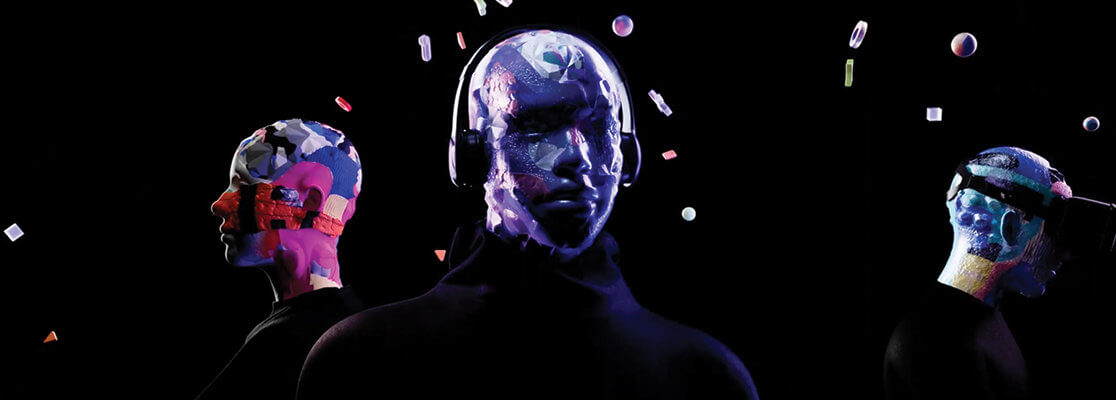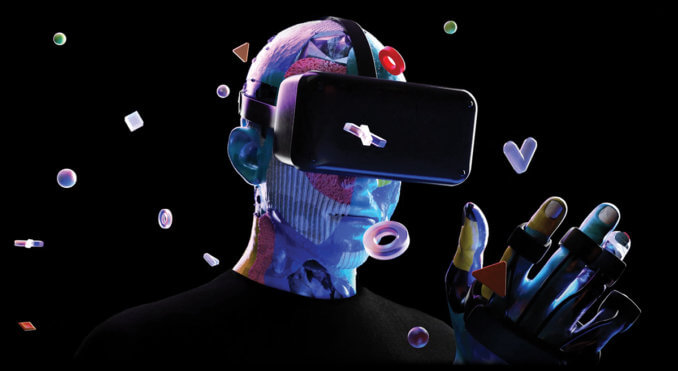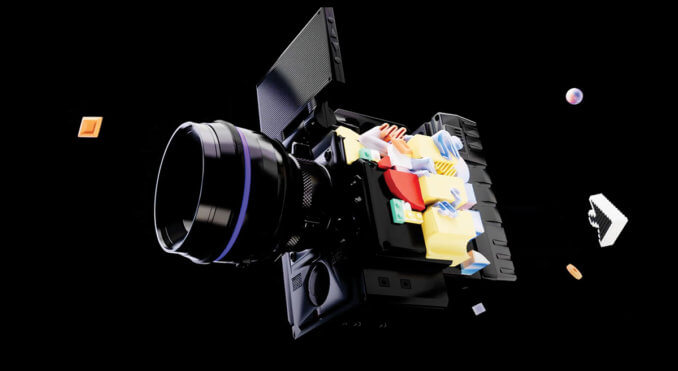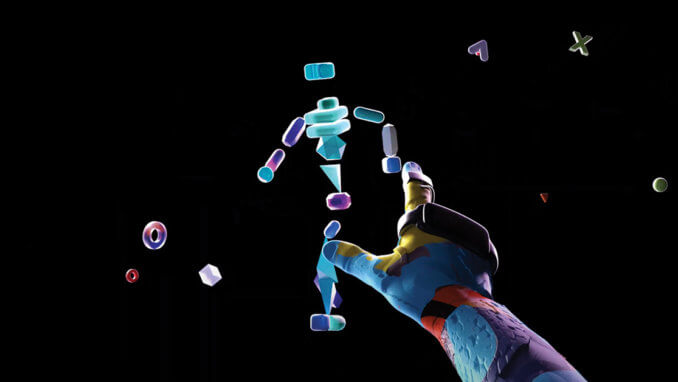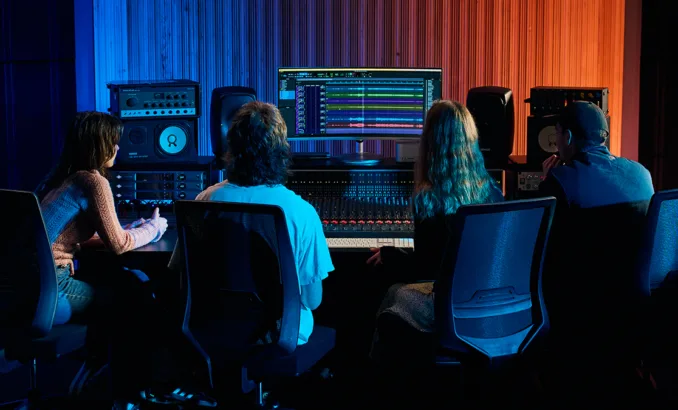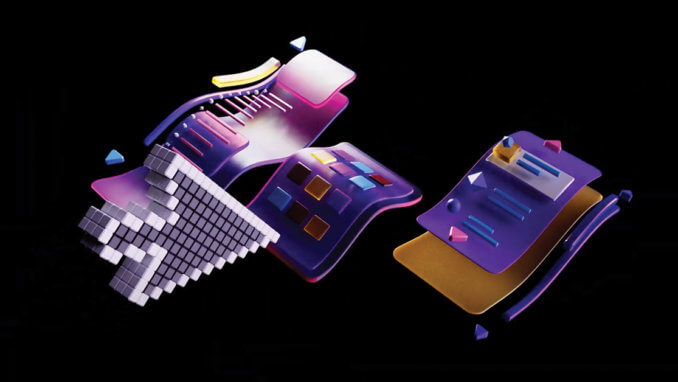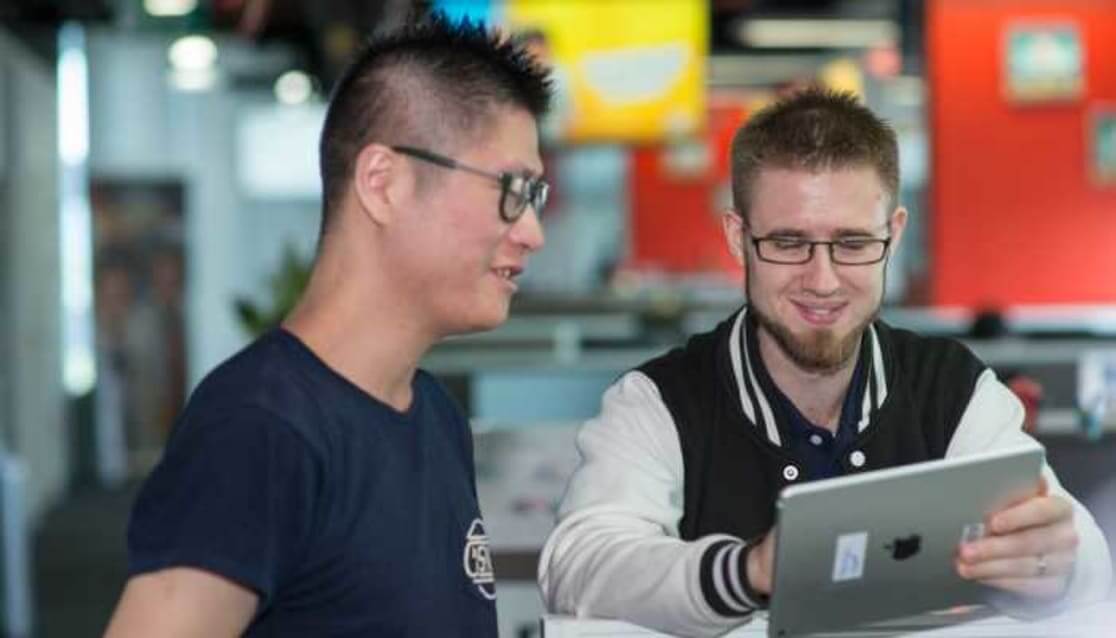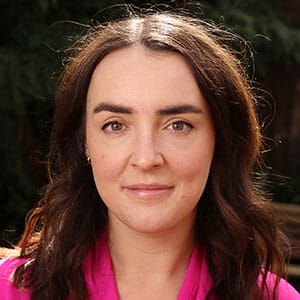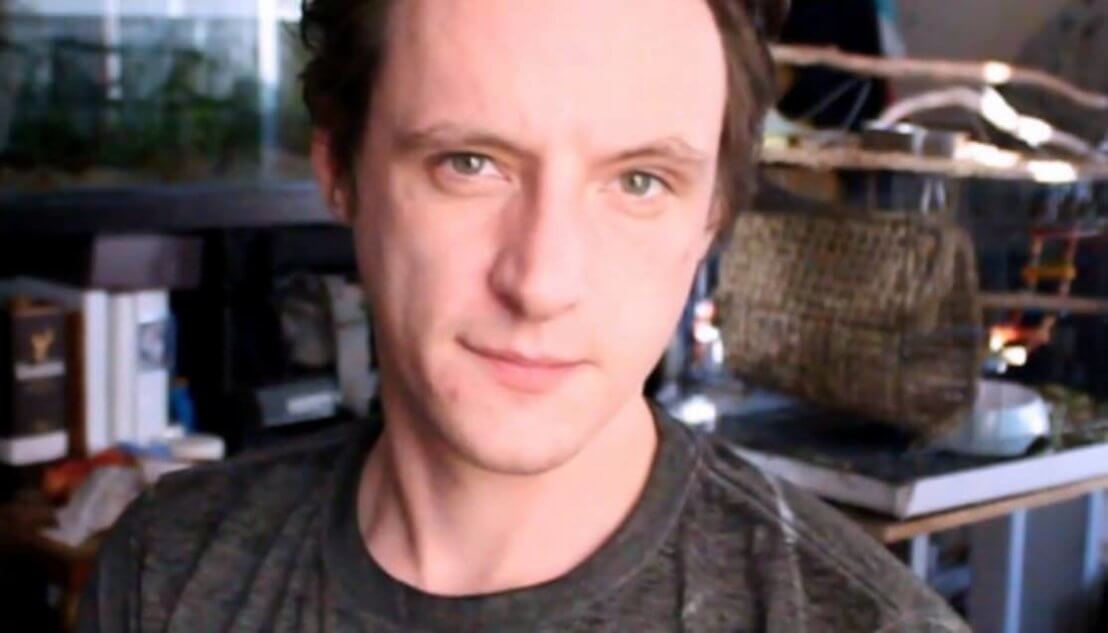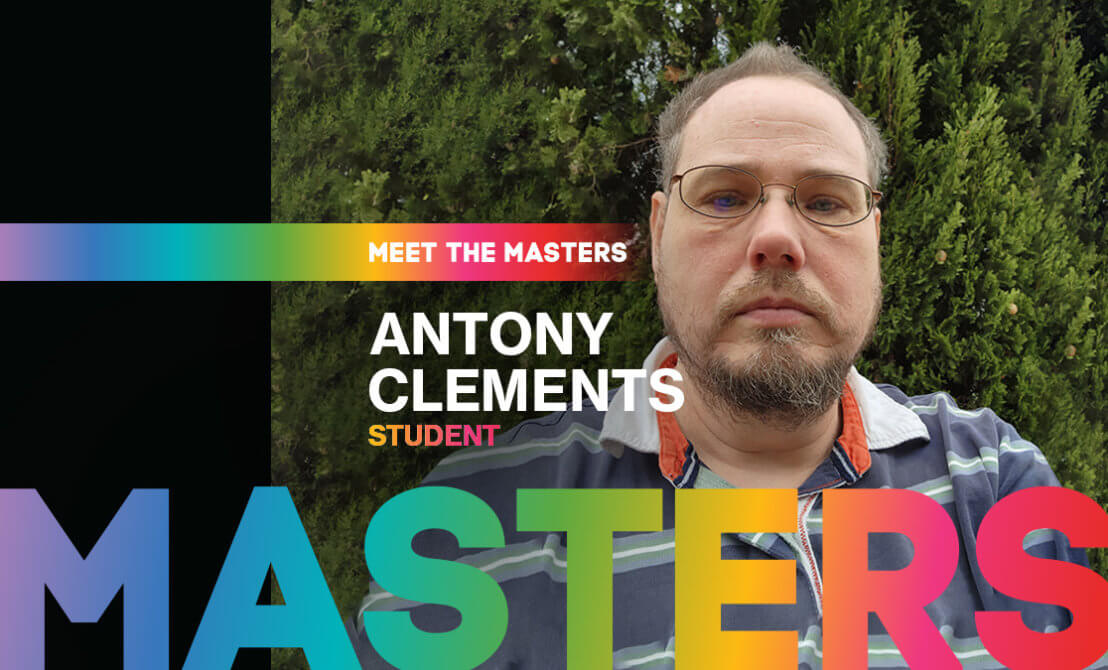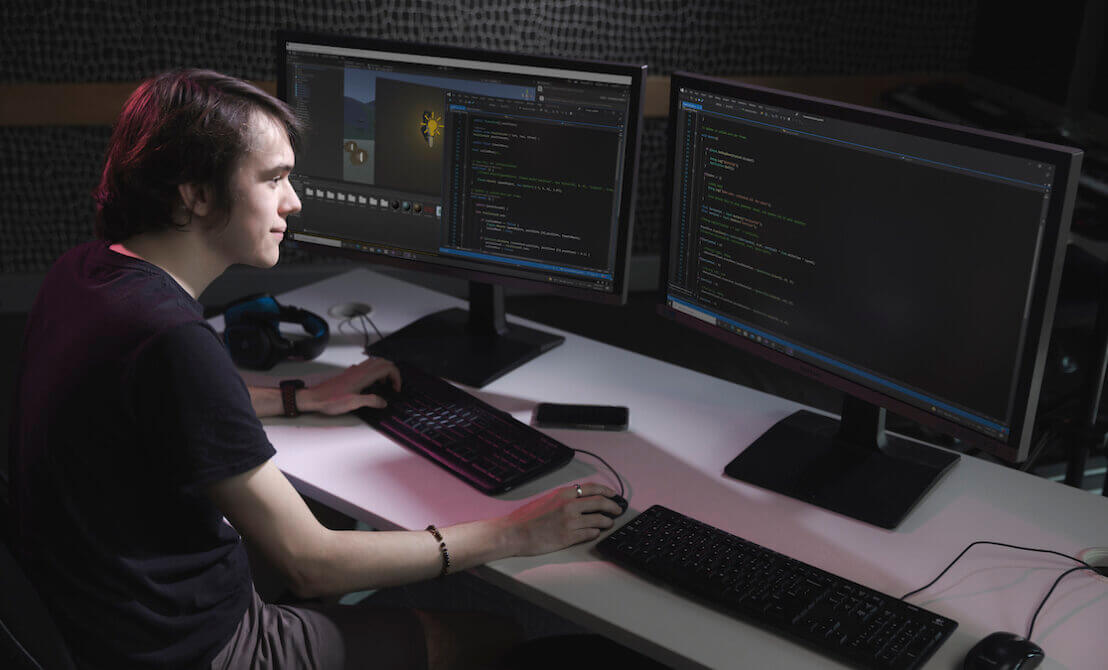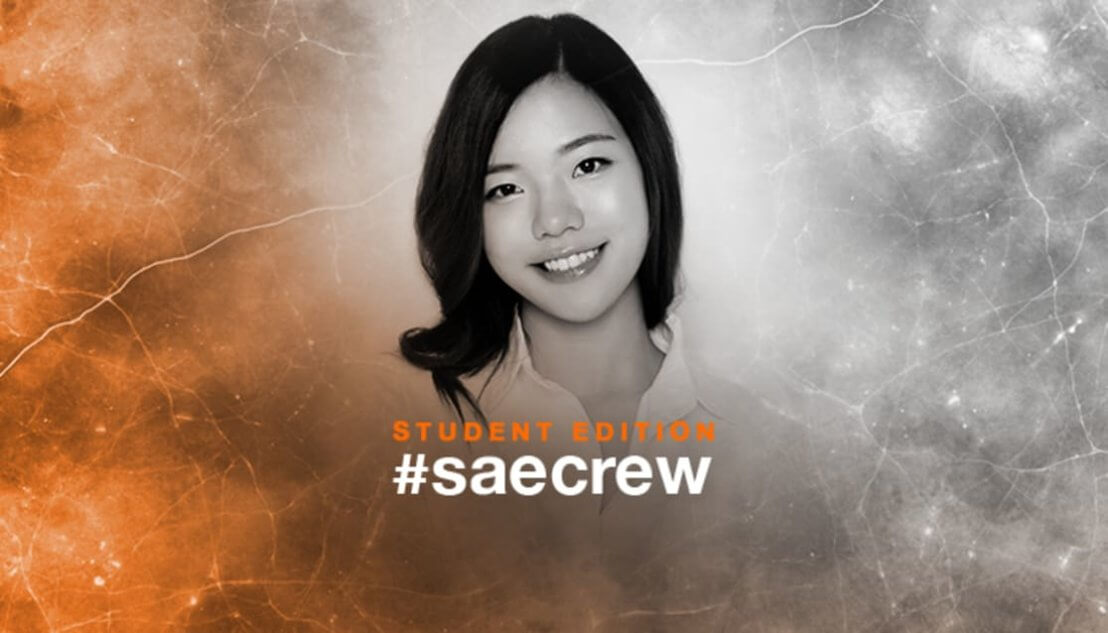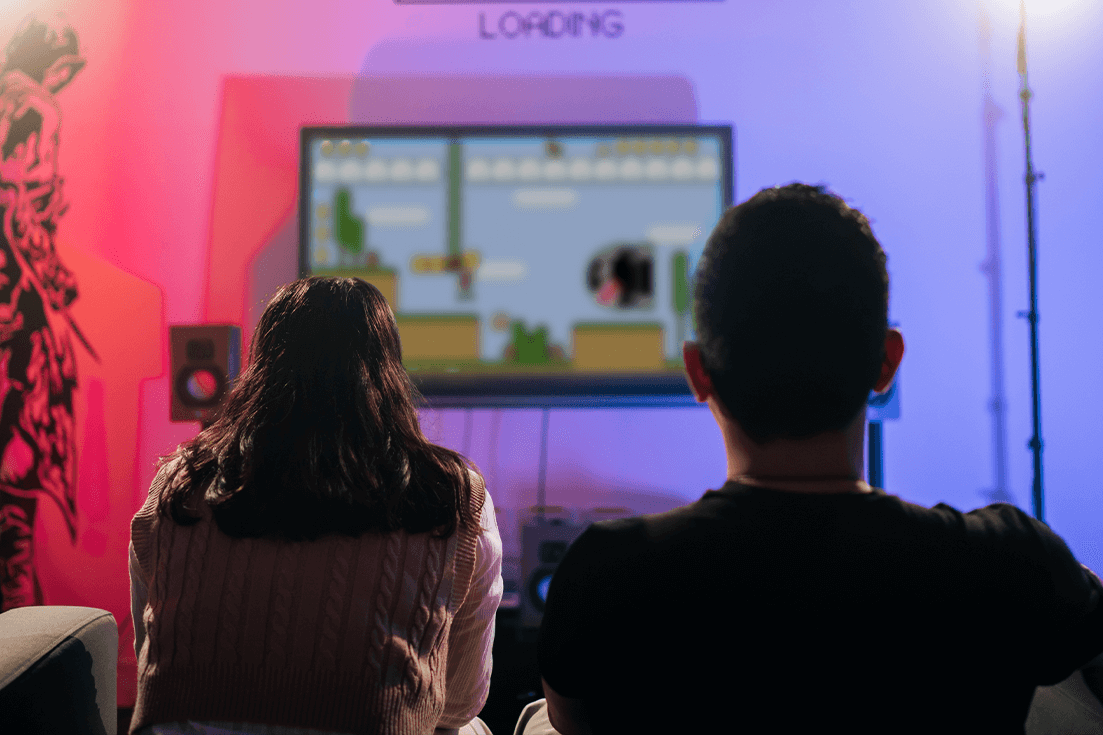It would have to be everyone’s dream job to work in a role where you get to do what you love every working day – and get paid for it!
Having grown up on a staple Nintendo diet playing Mario, Zelda, and Metroid, with a father as a software programmer, it’s no wonder Nicholas decided to study a Bachelor of Games Development at SAE Brisbane, before moving to the middle east to continue his studies at the Twofour54 Gaming Academy in Abu Dhabi.
The dream came true for Nicholas who’s currently working as a Games Designer for one of the world’s leading creators, publishers and distributors of interactive entertainment – Ubisoft.
With 29 studios worldwide, Ubisoft has a team of approximately 12,000 employees, who share a commitment to delivering high-quality, cutting-edge video game titles, and are known for their best-selling franchises; Assassin’s Creed, Far Cry, and the Tom Clancy series.
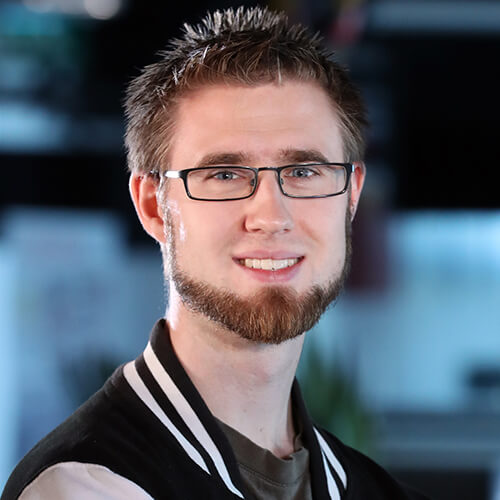
From his studio in Abu Dhabi we spoke with Nicholas about his experience studying at SAE, and how this has helped him achieve his career goals working for one of the biggest gaming entertainment providers in the world.
What inspired you to enter into the Games industry?
I grew up on the NES (Nintendo Entertainment System) playing Mario, Zelda, and Metroid. My father was a programmer working from home developing word processor apps that would later be used in Office 2000. Some of my fondest memories growing up as a kid were sitting on my father’s lap as he played MYST trying to figure out all the puzzles, and discussing solutions to the latest issue he was trying to fix in his work.
What are your fondest memories of your time at SAE?
Strange as it may seem, it’s gotta be working those late nights in the labs on assignments with my team. By late evening it was only the students who really wanted to be there who remained. While everyone had their own work, we still all helped each other whenever someone needed a hand. There was a great feeling of teamwork amongst the students –we helped each other to get the code and 3d models finished and working. Looking back I see it’s the closest thing to working in the real-world environment. Not so much the late nights (hopefully!) – but working with incredibly skilled people who love making and playing games just as much as you.
What did you love most about studying at SAE?
Learning from industry professionals. I can remember preparing a pitch to present to my lecturers and it was nerve-wracking. But then years later I was doing the same thing at Ubisoft, preparing to pitch to my boss and a team from their head office in Paris. It was just as nerve-wracking, but this time I was prepared. Not from my years of making games, but from that class back at SAE.
I also loved having the freedom to experiment and make all sorts of games. When you’re doing it for a job it’s a lot harder to work on projects that won’t or aren’t even intended to make money. But while studying you don’t have these limitations. You’re free to try anything. Enjoy that freedom while you’re studying!
Can you shed some light on how studying at SAE has lead you to where you are now?
Aside from learning the basics of what I needed to work in the games industry, I was also able to connect with key people who ended up enabling me to secure an internship, and then later a job with one of the best game companies in the world, Ubisoft. Another thing that SAE taught me was to learn how to learn. The game industry is always changing and as a designer, I need to be constantly learning and adapting to be ahead of those changes.
What have been your career highlights?
Having the privilege to meet Yves Guillemot and releasing my first game with Ubisoft, CSI Hidden Crimes. Also getting to work alongside some incredibly talented people. Check out the company’s website here and you’ll see just how much of a blast it is to work here every day!
What do you enjoy most about working in your industry?
Getting to do what I love every day – and also getting paid for it! But seriously, I get to work with an amazing team from all over the world making amazing games. Seeing the joy of our players both in game and on forums as they explore new features makes all the hard work we do worthwhile.
Just after CSI Hidden Crimes was released one of my previous bosses who was now 75 years old started playing it. Every week I would get messages from him listing everything he enjoyed about the episode and asking when the next one was coming out. It was one of the best experiences, seeing this old man who barely knew how to work a computer enjoying one of my games on his iPad!
What projects are you working on at the moment?
Currently I’m working across three live games: Growtopia – NCIS Hidden Crimes – CSI Hidden Crimes. Each game regularly gets updated with new content. I started working with the design team in 2013, just before we got the GO to start production on CSI: Hidden Crimes. My role across both the Hidden Crimes games is in episode content creation and release. This means working closely with the writers from CBS to create the stories and then designing the game content based on those stories. I then follow the whole process tweaking things as we go until it reaches the live servers and our players are already to play.
Can you share an artist that inspires you?
Jonathan Blow – an American video game designer and programmer, who is best known as the creator of the video games Braid and The Witness (2016). While he has his quirks, I love his view of teaching through action. In The Witness, the player’s understanding of the game is used as a barrier to block off sections of the game instead of collectible items or skills, the way Metroidvania games usually do. Instead of leveling up the player’s character, Jonathan Blow and his team, teach the player. This is done entirely through action without a single line of text or dialogue, and in doing so; unlock sections of the world that weren’t previously accessible. Check out his PAX talk on teaching through action where he breaks down a level from the game 1001 Spikes in this video here.
What advice would you give to students aspiring to become successful in their field?
Work hard! This industry is hard, and every day is a fight to get your game noticed. It may sound strange, but I’d advise failing as soon as possible. You’ll be like… “WHAT!”. But seriously, the sooner you discover the issues in your great idea the better. As designers, we come up with thousands of ideas every day. Some of them are great, some need improvement, and some of them are just horrible! It’s also helpful having people around you who aren’t afraid to tell you when it’s a horrible idea – and in return, you need the humility to be able to accept the feedback and fix the issues until the idea is great. I’d recommending testing your ideas on people your game is targeting – NOT FRIENDS – and really listen to what they have to say.
This and That Game
Converse or Vans – Personally I’m more of a “no shoes kinda guy”! I rarely have shoes in the office, but if I had to make the choice I think I have a pair of conies at home, so let’s go with that.
Coffee or Tea – I’m gonna say both. At work it’s coffee and at home, my collection of tea would rival some king in a random unknown eastern country!
Apple or Android – I’ve never owned an Apple product since the early 90’s when they still had a multi-coloured logo, so I will have to go with android for this one.
Instagram or Twitter – Neither. This may sound sad, but I don’t really use any social media at all.
Company Website:
https://www.ubisoft.com/en-US/studio/abu-dhabi.aspx
Personal Portfolio Website:
Go download Growtopia – NCIS Hidden Crimes – CSI Hidden Crimes and see my work first hand.


